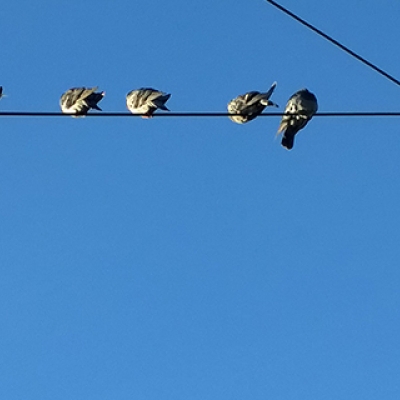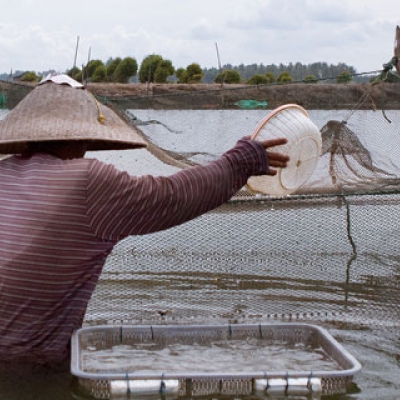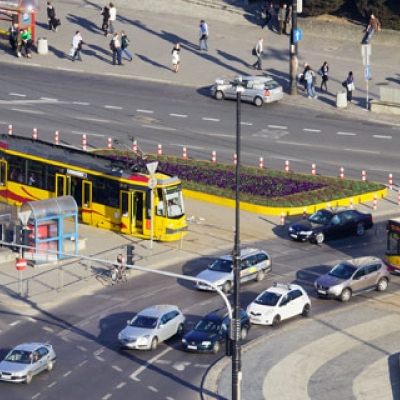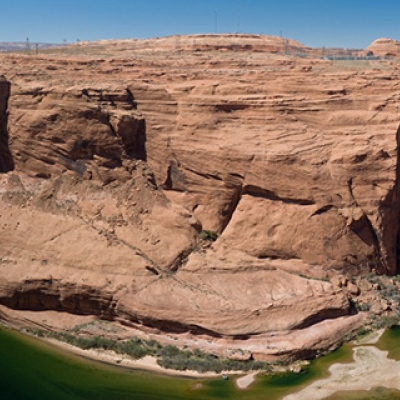
#ForewordFriday: Conflict Resolution Edition
By Katharine Sucher / On January 15th, 2016
Did you catch Lucy Moore's blog post about the Bundy brothers last week? Since the late 1980s, Lucy has worked as a mediator, facilitator, trainer and consultant, specializing in natural resource and public policy disputes.






